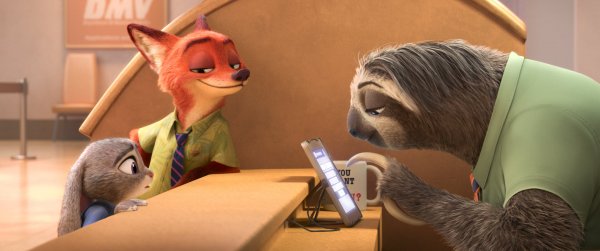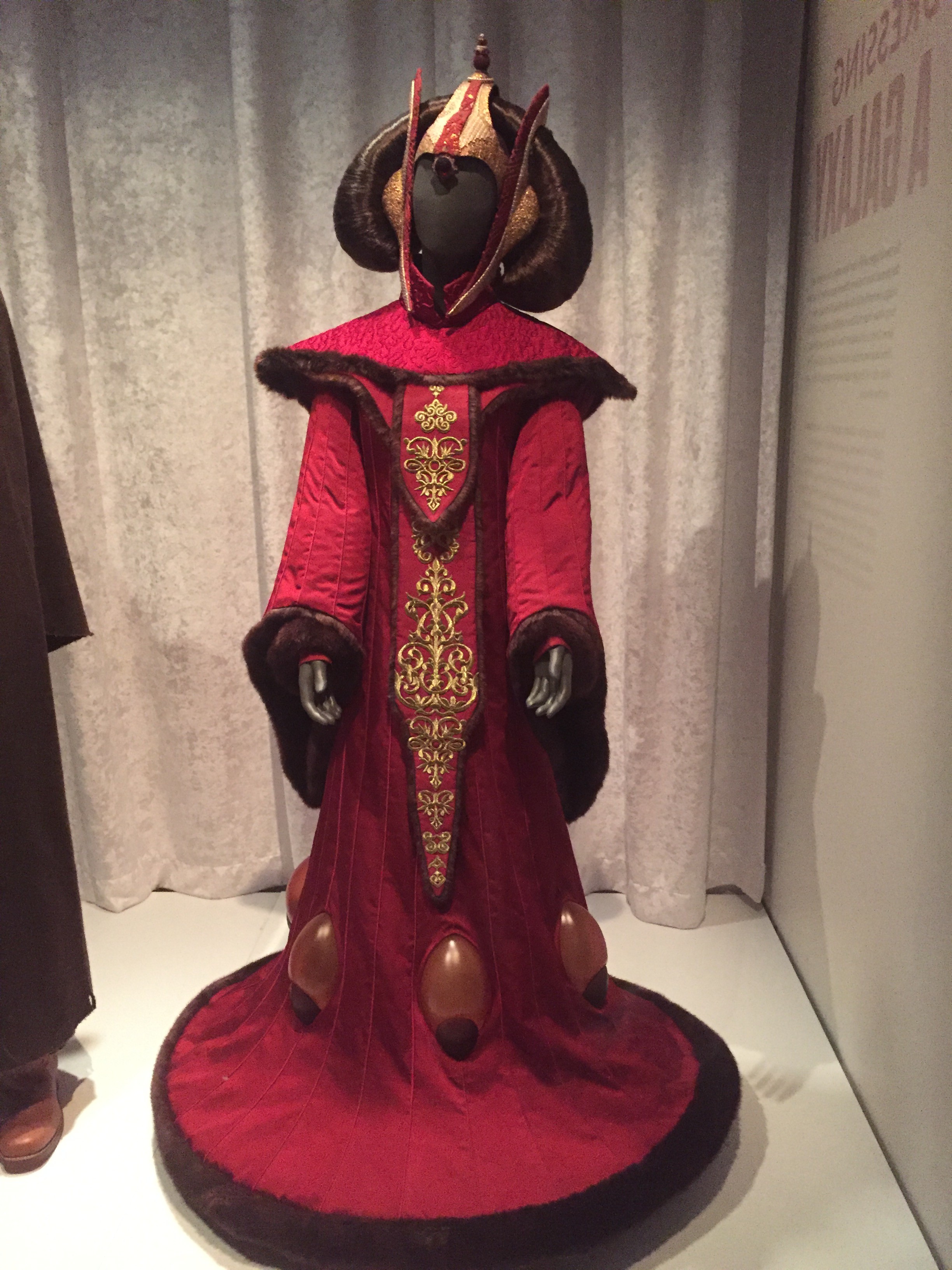Of the Three Movies Released This Week, the One With the Most Racial and Gender Awareness is….Zootopia
Posted on March 5, 2016 at 12:27 pm
The two live-action releases this week, “Whiskey Tango Foxtrot” and “London Has Fallen,” featured stereotyping and white actors playing characters of color. So it was especially refreshing to watch “Zootopia,” a Disney animated movie with talking animals, and discover some genuinely thoughtful and sensitive portrayal of race and gender. It is dispiriting to see that in 2016 movies like “Gods of Egypt” and “Whisky Tango Foxtrot” are using American, Australian, and European actors to play Middle Eastern characters. As Ann Hornaday points out in a very perceptive essay for the Washington Post,
, starring Tina Fey as an intrepid, amusingly clumsy television reporter assigned to cover the war in Afghanistan, takes full advantage of its lead actress’s unforced warmth, in the service of a film that balances drama, romance and comedy with admirable skill. But in the midst of what could have been a thoroughly delightful mid-winter diversion, viewers are presented with the off-putting spectacle of two white actors — Christopher Abbott and Alfred Molina — portraying key Afghan figures in the story, one wearing layers of bronzing powder and a native pakol, the other leering from behind a bushy beard.
The problem goes behind misrepresentation, authenticity, and making it tougher for non-white performers to get jobs and tell their own stories. “It’s a matter of aesthetics,” she notes. “Rather than getting lost in the story up on the screen, viewers find themselves distracted by a bad makeup job or too-obvious prosthetics. Rather than becoming wrapped up in the emotional truth a performer is trying to convey, they remain at arm’s length from a character that can never be fully, seamlessly realized.” It sends messages that audiences of all races cannot help but absorb about standards of beauty and appropriation.
But “Zootopia,” an animated family movies, has a remarkably sophisticated and thoughtful understanding of race and gender, perhaps because the characters are all animals, so the message is metaphorical. As Slate’s Dan Kois writes in a piece called “Disney’s Zootopia is a Delightful Kids’ Movie that is Also Totally About Racial Profiling,”
The movie gets laughs from some surprisingly touchy racial material: “A bunny can call another bunny cute, but you can’t,” Hopps scolds Wilde. Later, another character gets reprimanded for an impropriety that, famously, black men and women have to deal with all the time: “You can’t just touch a sheep’s wool!”
But as broad as the movie sometimes plays, it delivers a clear message that when individuals prejudge others based on their heritage—or when a police force cracks down on a certain kind of person based only on their own bias and fear—people get hurt and treated unfairly.
The lead character is a small female bunny who responds tartly to being called “cute” by explaining that bunnies can use that term about each other, but it is inappropriate from another species. And the focus on the story is on her challenges in overcoming stereotypes — and realizing that she has some of her own to overcome, too. This is a lesson the makers of films like “Gods of Egypt” and “Whiskey Tango Foxtrot” should learn as well.













